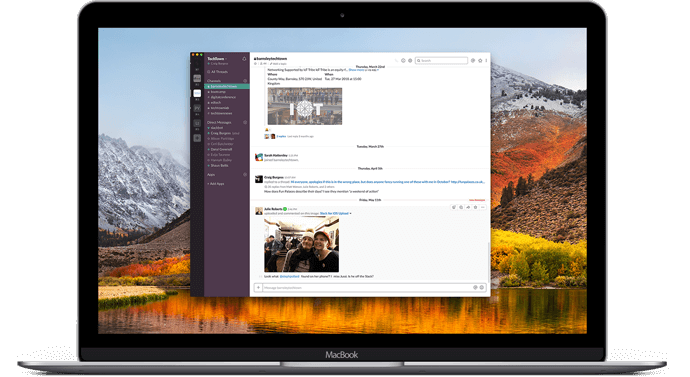IoT and the city
Internet of Things (essentially the technology of connecting devices, data and networks) is a topic that is often parked with the ‘tech’ team in a city, something only to be considered in terms of the role it plays in traffic monitoring perhaps, and something intrinsically ‘hardware’ that has no place in the world of economic development. If cities are looking at the deployment of sensors and the collection of data then it is usually well intentioned, and very necessary, but can be mainly focused on generating information that can be used to make decisions, improve services and ideally save some much needed cash.
Yet if you look at IoT through a different lens – one of business support and economic growth – what’s clear is that someone, somewhere is developing these amazing technologies that we are applying to our cities … and we really should be asking, “why could that someone not be based right here, in this city?”.
It’s a not a big leap to think in these terms. It’s perhaps easier for larger cities with established tech ecosystems to ponder this – they have the ingredients of talent, support, culture and cash to be appealing to tech companies. For medium and smaller cities, it is a bit more challenging; they have to address the weaknesses in their ecosystems for example. Maybe they don’t have a University supporting talent or adequate business support. What is in the gift of all cities however is an ability to make it a little easier to deploy or pilot technologies and this is something that IoT companies really welcome.
These differing perspectives of IoT feel like a lot to consider, but this is where using tools like URBACT methodologies to get the right people in the room and tackle this in a truly integrated way can help hugely. If you can get the techy people, the economics people, the data people and other voices together then using technology at city level becomes of benefit and interest to everyone – and very importantly, can help address some significant challenges like Covid.
This whole ecosystem, integrated approach is a powerful tool for cities.
I can say this confidently as, in Barnsley, we’ve spent the last three years doing just this. Since 2017 we have been working with a private sector accelerator, IoT Tribe North, to deliver two cohorts of intensive support here in the city to 18 tech start ups. They’ve joined us from across the globe to access this amazing programme of support and some of them have permanently located their operations here. At the same time we’ve been working with the IT team internally to support them developing IoT products, talking to other departments to understand their problems that technology could solve and even deploying some products in our DMC tech hubs. We’ve also been listening and learning from our partner cities in URBACT, other examples of good practice and knowledgeable voices.
One such knowledgeable voice is Alexandra Deschamps-Sonsino who has been a figurehead of IoT for a number of years and is a speaker, technologist, writer and ideas generator of the highest order. Her Good Night Lamp is a brilliant and accessible example of the notion of IoT connecting people in different places through a wordless message of switching on a light. In a previous URBACT network, TechTown, we were inspired by this to get our city partners connected using an IoT ‘pet’. It didn’t quite work how we planned but at least we tried!
On Friday 30th October our next TechPlace meetup includes a contribution from Alexandra and it’s not to be missed. Her knowledge and experience coupled with a hugely accessible approach to complex ideas will bring IoT to life and help cities to consider the ways in which is can become a positive part of a city beyond the technology. Register here.


